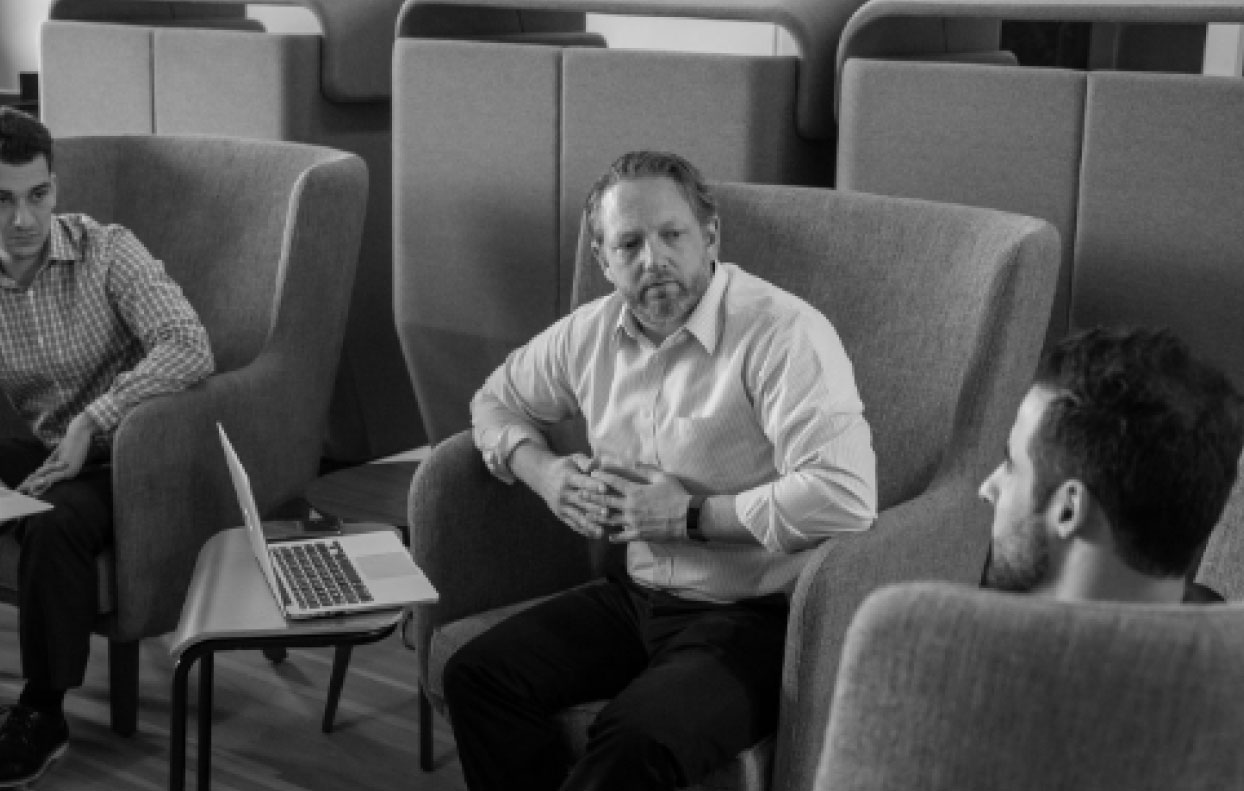I was driving to my grandfather-in-law’s 91st birthday this weekend when a fascinating story came over the radio. My wife and I were listening to the TED Radio Hour while the host interviewed Keith Chen, a behavioral economists from Yale university who has spent much of his career studying how language can influence our willingness to save for retirement.
The ideas in Chen’s talk titled Could your language affect your ability to save money? piqued my interest because he was putting economic principles and data behind many of the best-practices and concepts that financial marketers take for granted each day.
Chen started with a simple question, one which has long been pondered by economists: “Why is it that countries with seemingly similar economies and institutions can display radically different savings behavior?”
He highlighted this discrepancy using the percent of GDP saved each year by OECD countries over a 25-year period. On one end of the savings spectrum you have countries like South Korea, Norway, and Chile, which on average saved nearly a quarter of their GDP. At the other end of this spectrum, you see Israel, The United States, and The United Kingdom which have barely managed to save 15% of GDP each year.
All of these countries are similar in terms of wealth, political structure, and their position on free trade, so why the discrepancy? Chen’s theory was striking: that the native language spoken within these countries - and specifically how these languages convey future events - was driving the difference in saving rates.
To highlight how different languages address the timing of events, he compared how forecasted rain is communicated in English and Mandarin Chinese.
|
English |
Mandarin Chinese |
|
|
Past Tense |
It rained yesterday |
yesterday it rain |
|
Present Tense |
it is raining now |
now it rain |
|
Future Tense |
it will rain tomorrow |
tomorrow it rain |
Reflecting on this difference, Chen asserted “In some deep sense, Chinese doesn’t divide up the time spectrum in the same way that English forces us to constantly do, in order to make us speak correctly.” Linguists call languages like Chinese “futureless” - because they convey future and present events using the same linguistic construct. Many languages are futureless and, in fact, English is the only Germanic languages requiring a linguistic change when discussing past, present, and future events.
On face value, this looks like an excruciatingly minor difference in the way humans convey information. Magnified over the course of a lifetime, Chen hypothesized that this minute difference can have profound impacts on the way we manage money.
“You speak English, a future language. And what that means is that everytime you discuss the future, or any kind of a future event, grammatically you’re forced to cleave that from the present and treat it as if it’s something viscerally different. Now suppose that that visceral difference makes you subtly dissociate the future from the present every time you speak. If it’s that true and it makes the future feel like something more distant and more different from the present, that’s going to make it hard to save.”
His work with large investor data sets from around the globe supported this hypothesis. “Futureless language speakers, even after this level of control, are 30 percent more likely to report having saved in a given year. Does this have cumulative effects? Yes, by the time they retire, futureless language speakers, holding constant their income, are going to retire with 25% more savings.”
As a financial writer, these findings were fascinating, and it really drives home something that many of us already know: for any article, blog, website header, or brochure it is critical to connect a client’s future life and present experience. As you think about your own writing - or marketing - here are three things which can help clients bridge the gap between where they are today and where they’d like to be tomorrow.
#1 Storytelling
This is a writing technique which creates a narrative that clients can follow. Many times, storytelling helps “paint the picture” of life in 10, 20, or 30 years into the future. Instead of focusing on how a retirement strategy works, for example, storytelling focuses on the desired outcome - or experience that the strategy provides. An added bonus is that when done correctly, it’s more engaging to read and much more inspiring than fact-driven language. Facts are important - this is financial writing after all - but it is important to consider how storytelling can support your firm’s message.
#2 Imagery
The ubiquitous stock photo of the retired couple on a sailboat comes to mind. While we encourage our clients to avoid using this particular photo in printed collateral, the concept itself remains a good one. Impactful images are a great way to momentarily bring clients out of their present moment to a place decades down the road. Even better if security, relaxation, and peace of mind are part of the image as well.
#3 Augmented Reality
Genworth recently took this concept to a new level with the R70i Aging Experience. This wearable robotic suit simulates the effect of aging, allowing users to experience what their life may be like in retirement. The suit can simulate stiff joints and even visual changes like glaucoma or cataracts. We don’t recommend firms build one of these machines, but it is a useful thought exercise as you get creative on how to connect the current lives of clients with tomorrow’s needs.
Photo Credit: Annie Spratt on Unsplash.com
Logan Burgess is the lead financial copywriter at Marketing Wiz. In this role, he provides independent financial brands with conversational, educational, and actionable written content to engage advisors, clients, and prospects.






